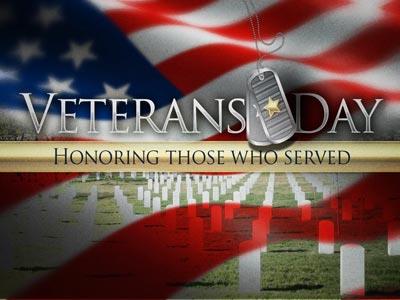-
The Real Insurgency, Pt. 3 Series
Contributed by Jim Cunningham on Nov 28, 2017 (message contributor)
Summary: Third in a series looking at spiritual warfare not on the basis of popular Christian views, but based on the biblical text.
The third and hopefully last in this series on spiritual warfare. To go back and recap:
1) So much has been written in the last 35 years, much of it with wild sounding terms like spiritual mapping, casting down strongholds, generational curses and binding spirits. I am not saying, nor have I said, that we are not in a real battle against real forces. But I have advanced the notion that much of what passes for spiritual warfare today is, in my view, dangerously short of taking seriously God’s power and authority and the reality of the cross and resurrection of Jesus.
2) We talked about living and fighting in the world. God does not insulate us from this world, and in fact, he placed us here by design. Jesus spoke of being sent out like sheep among wolves. This is serious business. But where we find ourselves is not an accident. We are not like some lost patrol that God has forgotten and which must fight its way out of enemy territory on its own. We are more like the Navy Seals who God has inserted into enemy territory to accomplish His divine mission.
3) We talked last week about living and fighting with powerful weapons. And that list that we see taught and modeled in the Scriptures, at least as far as your pastor is concerned, is pretty much devoid of some of the more sensational approaches that some modern writers think we need to take. Last week we considered the fact that the weapons that the Scriptures seem to name, and the weapons that Paul and the Apostles seemed to employ, were a reliance on prayer and the Word of God. That might sound a bit simple and even unexciting by comparison to some of the Indiana Jones kinds of spiritual warfare weapons that are discussed today, but I believe that these two are Biblical and more than sufficient to deal with the insurgency we are fighting.
I wasn’t quite sure where to insert this thought, but lest you think I am totally Presbyterian, I want you to know that perhaps like many of you, I have experienced first hand a few instances that I would characterize as supernatural spititual warfare.
I have not cast out demons, but I have dealt with a boy who may very well have had one. It was at a YL camp, and really strange and unaccountable things, scary things, were happening around this kid in the midst of a camp where I was on the staff as we shared Christ with about 1,200 non-Christian teenagers over a month’s time. And our response was to pray. We set up an all-night prayer vigil outside this young man’s cabin and took turns praying for him and for all of the kids at the camp.
I have also seen crazy and inexplicable things happen in similar contexts where I was involved in sharing the Word of God with teenagers. Lightning striking pretty much out of the blue, power going out as we began a large group meeting, a Christmas tree with nobody sitting near it crashing down just as the speaker began to share about the crucifixion of Christ.
But in each of those cases, we prayed and we clung to the truth of the Scriptures. And we affirmed the fact that Satan, as well as we, are all under the control, the providence and the authority of God.
So this week, the last thing I’d like us to consider is the idea that:
We live and fight as those under authority.
Paul makes a number of comments in this brief passage about authority. We tend to miss or gloss over things like this. But Paul talks freely about his authority over the Corinthian church. In fact, he talks freely about authority in almost every one of his letters! That’s too bad, because authority is one topic that you and I probably struggle with a lot. There is just something about the idea that someone gets to tell me what to do or how to do it that grates against our sensibilities.
And you and I have struggled with authority all the way back to Adam and Eve. Without looking, can you tell me what the first three words that Satan spoke to Eve were? “HAS GOD SAID…?” Those first three words were a challenge to God’s authority that immediately resonated with Eve. And had Adam been asked the question, it would have resonated with him too. We simply do not like being under authority.
And if we struggle with God’s authority, why would the authority of men and women be any easier to swallow? No, this is not a topic that most of us like to talk about or apply in our lives. And it is doubly difficult in this American culture. The battle cry of the American Revolution was, “We shall have no sovereign!” From the start of our country’s existence, we have valued and even reveled in challenging authority.

 Sermon Central
Sermon Central



